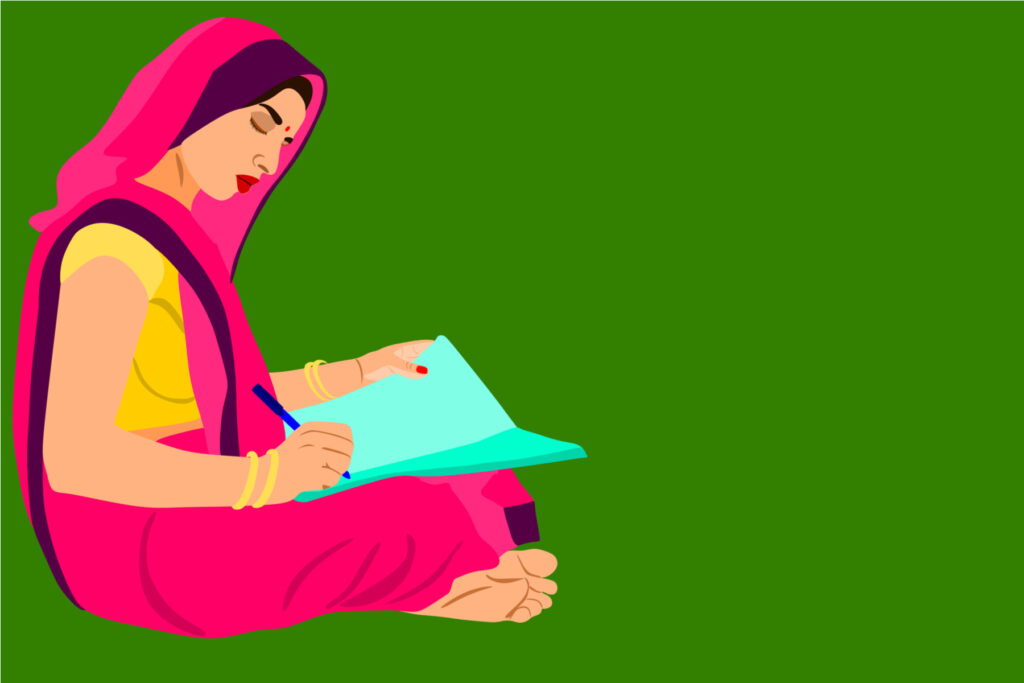
Photo Courtesy of Shutterstock
“The Story I Write” helped me come to terms with my place in the history of Indo Caribbean women. This empowering spoken word piece is about an Indo Caribbean girl paving her way forward with a full understanding of what came before her. It centers around the defining power of stories in our lives — the stories we learn about Indo Caribbean women through history textbooks, the stories in our families that are regarded as secrets and the stories about our ancestors that we don’t fully know
[Read Related: Pain in Paradise: Indo Caribbean Indentureship]
The poem emphasizes how these stories shape and influence our reality and identity and how, ultimately, they serve as the foundation for the story we write about ourselves.
View this post on Instagram
However, poetry is an overlooked branch of writing and the Indo Caribbean population is still very much unseen in mainstream American culture, so Indo Caribbean poets are doubly overlooked. Yet, any type of art that allows a group of people, especially marginalized groups, to feel seen, heard and understood needs a platform. It matters when you see yourself authentically reflected in the media. It matters greatly
The Story I Write
I am the daughter of women
Displaced
Raped
Chased
Shaped
By a history that cannot be undone
For history leaves a mark
Traces in faces
In books, in songs
In the stories we tell ourselves
In the stories we pass on
I am the bearer of untold stories
The daughter of women with
Whispered truths
Muffled cries
Drowned voices
Drowned out to protect, to hide
Their most mangled parts
And so, tragedy becomes normalized
I am the knower of unknown stories
Women undocumented
Their voices undocumented too
Lost in the wind
Engulfed at sea
Their truth buried in the soil
They toiled
For they were not human beings
Only human bodies
I am the successor of multiple migrations
India to Guyana to America
The asker of the perennial question
Where is my land?
The seeker of tomorrow
Where will I land?
I am the inheritor of multiple identities
Slave worker
Foreigner
Survivor
Creator
And it is in this role—Creator
That I become the writer
Of my own story
Not yet completed
Being authored
To honor
The women before me
And to alter
What history will say
About women like me
For more poems on Indo Caribbean culture, love and identity, find Chandra Persaud on Instagram.




